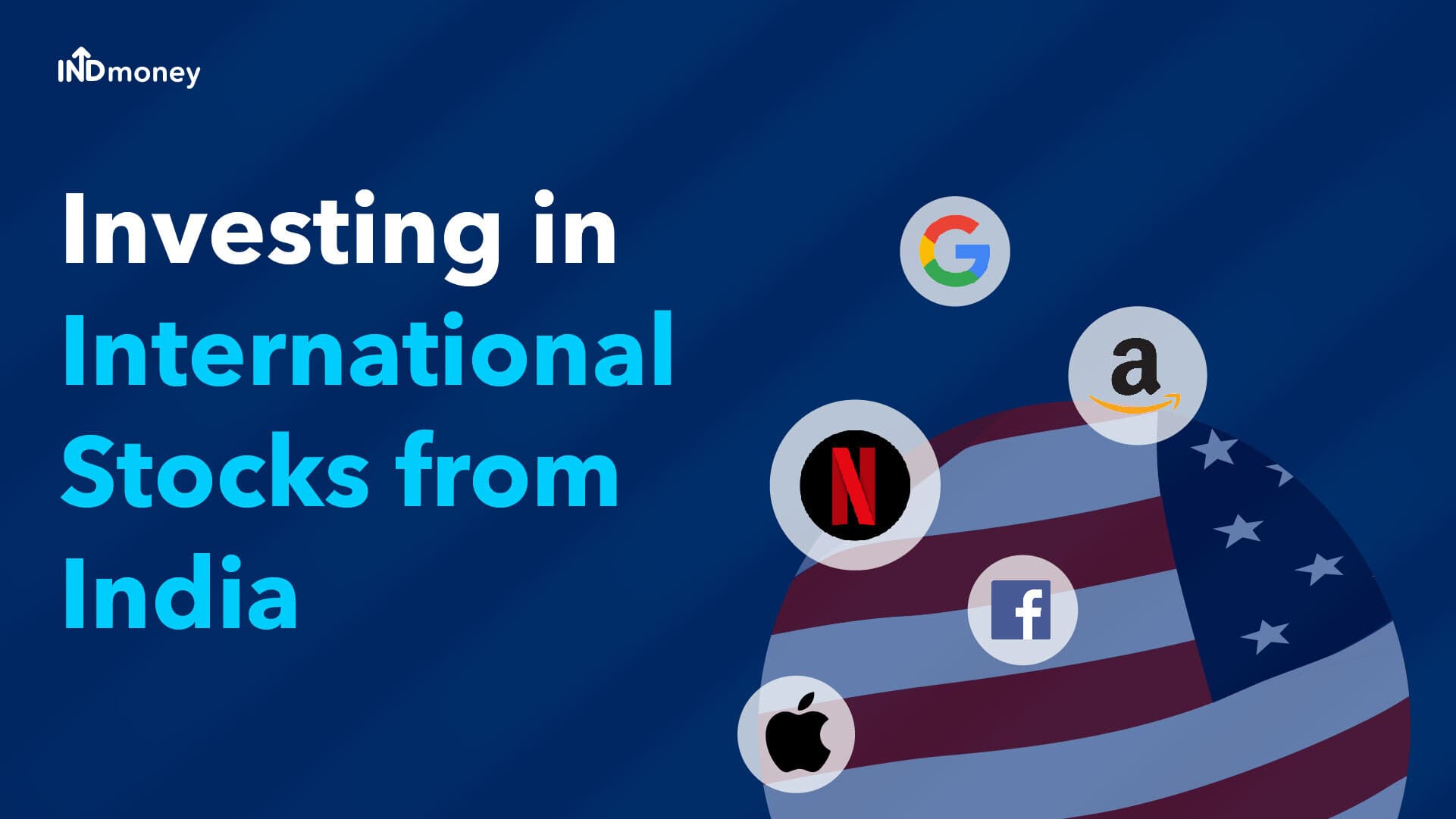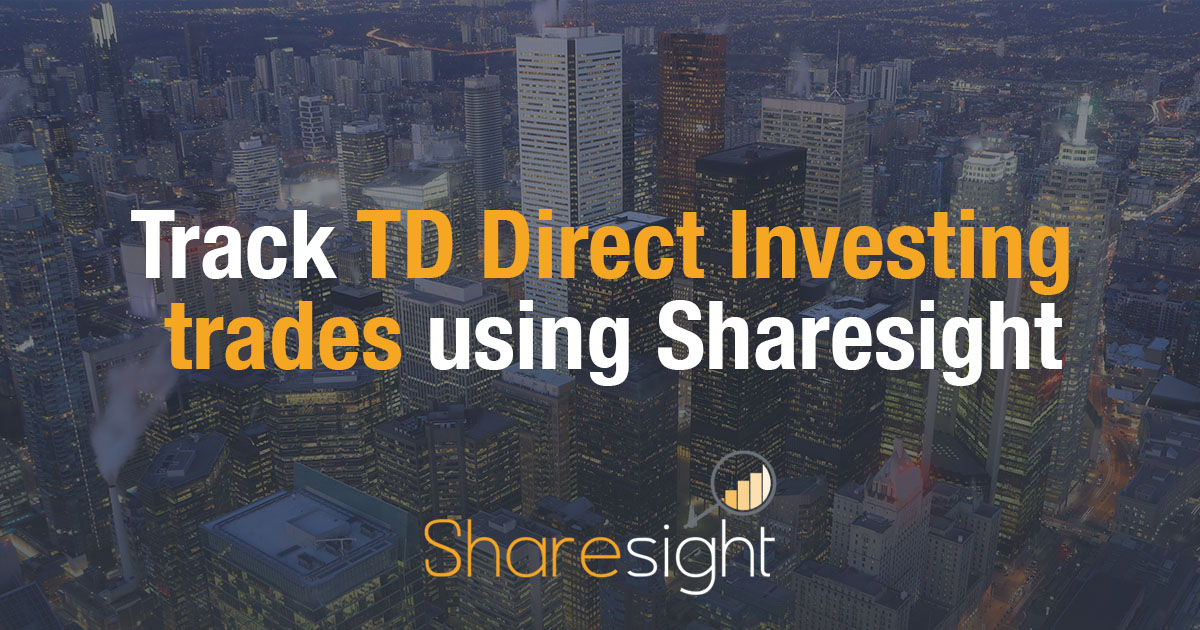
The Dow Futures type of stock index futures contract trades on Globex, an electronic trading platform that is part of the Chicago Mercantile Exchange. It is based on the Dow 30 stock index, which is a price weighted average of thirty of the most significant stocks traded on the New York Stock Exchange and NASDAQ. There are three types of Dow futures, with the E-mini Dow being the most common.
Berkshire Hathaway
The dow futures symbol for Berkshire Hathaway, Inc. (BKR) is a widely traded stock that focuses on the financial sector. The company owns subsidiaries in many different industries such as insurance, reinsurance or manufacturing. The fees that shareholders pay depend on how much they invest are different. These are some tips for investors. These tips can be used to reduce your risk.

NYSE:DIS
The New York Stock Exchange is trading the futures symbol NYSE DIS. It is expensive to buy Disney stock at $60. However, it may rise to $113-120 if it forms a cup-handle formation. If Disney can surpass all expectations and break the resistance at $99., it's possible.
NASDAQ
Monday's decline saw the Dow futures, S&P 500, Nasdaq and S&P 500 all fall. Treasury yields increased to a long-term high as the Federal Reserve mulls a supersize rate hike this week. The major indexes fell below key levels. Additionally, the Nasdaq finished below the May 26 follow through day low. Investopedia provides no financial or tax advice and does not consider investors' risk tolerances or objectives.
Cboe
Cboe Global Markets, Inc., a provider of investment solutions and trading, serves investors around the world. The company's mission is to create markets for all participants and drive the market forward. As part of this mission, Cboe provides trading, options, volatility, and investment solutions in a variety of asset classes. Continue reading to find out more about Cboe Global Markets, Inc.
Globex
Dow futures are a type of stock market index futures contract that trades on the Globex electronic trading system of the Chicago Mercantile Exchange (CME). They are based the Dow 30 stock market index, which is a price weighted average of 30 important U.S. stocks and traded on the New York Stock Exchange or NASDAQ. Dow futures come as E-mini or regular options.

Index futures
Most traders who trade index futures likely follow at most one of the four major indicators. Nonetheless, not all indices trade similarly. It is important to be familiar with the terms traders use to trade these indices. This includes the value of a point and minimum tick as well as the margin requirements. This chart is provided for illustrative purposes and does not constitute a recommendation to buy or sell any security.
FAQ
How are securities traded?
The stock market allows investors to buy shares of companies and receive money. To raise capital, companies issue shares and then sell them to investors. When investors decide to reap the benefits of owning company assets, they sell the shares back to them.
The price at which stocks trade on the open market is determined by supply and demand. When there are fewer buyers than sellers, the price goes up; when there are more buyers than sellers, the prices go down.
There are two methods to trade stocks.
-
Directly from your company
-
Through a broker
How Do People Lose Money in the Stock Market?
The stock market isn't a place where you can make money by selling high and buying low. You can lose money buying high and selling low.
The stock market is an arena for people who are willing to take on risks. They will buy stocks at too low prices and then sell them when they feel they are too high.
They hope to gain from the ups and downs of the market. They might lose everything if they don’t pay attention.
What is the difference between a broker and a financial advisor?
Brokers help individuals and businesses purchase and sell securities. They handle all paperwork.
Financial advisors are experts in the field of personal finances. They help clients plan for retirement and prepare for emergency situations to reach their financial goals.
Banks, insurance companies or other institutions might employ financial advisors. You can also find them working independently as professionals who charge a fee.
Take classes in accounting, marketing, and finance if you're looking to get a job in the financial industry. Also, you'll need to learn about different types of investments.
What are the advantages of owning stocks
Stocks have a higher volatility than bonds. The stock market will suffer if a company goes bust.
But, shares will increase if the company grows.
In order to raise capital, companies usually issue new shares. This allows investors the opportunity to purchase more shares.
To borrow money, companies use debt financing. This allows them to get cheap credit that will allow them to grow faster.
A company that makes a good product is more likely to be bought by people. The stock price rises as the demand for it increases.
The stock price will continue to rise as long that the company continues to make products that people like.
Can bonds be traded
They are, indeed! Bonds are traded on exchanges just as shares are. They have been for many years now.
The only difference is that you can not buy a bond directly at an issuer. They can only be bought through a broker.
It is much easier to buy bonds because there are no intermediaries. This also means that if you want to sell a bond, you must find someone willing to buy it from you.
There are many different types of bonds. Different bonds pay different interest rates.
Some pay quarterly interest, while others pay annual interest. These differences make it easy for bonds to be compared.
Bonds are a great way to invest money. In other words, PS10,000 could be invested in a savings account to earn 0.75% annually. If you invested this same amount in a 10-year government bond, you would receive 12.5% interest per year.
If all of these investments were accumulated into a portfolio then the total return over ten year would be higher with the bond investment.
Statistics
- "If all of your money's in one stock, you could potentially lose 50% of it overnight," Moore says. (nerdwallet.com)
- Individuals with very limited financial experience are either terrified by horror stories of average investors losing 50% of their portfolio value or are beguiled by "hot tips" that bear the promise of huge rewards but seldom pay off. (investopedia.com)
- Our focus on Main Street investors reflects the fact that American households own $38 trillion worth of equities, more than 59 percent of the U.S. equity market either directly or indirectly through mutual funds, retirement accounts, and other investments. (sec.gov)
- Ratchet down that 10% if you don't yet have a healthy emergency fund and 10% to 15% of your income funneled into a retirement savings account. (nerdwallet.com)
External Links
How To
How to make a trading program
A trading plan helps you manage your money effectively. This allows you to see how much money you have and what your goals might be.
Before you begin a trading account, you need to think about your goals. You may wish to save money, earn interest, or spend less. If you're saving money you might choose to invest in bonds and shares. You can save interest by buying a house or opening a savings account. And if you want to spend less, perhaps you'd like to go on holiday or buy yourself something nice.
Once you decide what you want to do, you'll need a starting point. It depends on where you live, and whether or not you have debts. It is also important to calculate how much you earn each week (or month). Income is the sum of all your earnings after taxes.
Next, save enough money for your expenses. These include rent, food and travel costs. Your monthly spending includes all these items.
The last thing you need to do is figure out your net disposable income at the end. This is your net income.
This information will help you make smarter decisions about how you spend your money.
You can download one from the internet to get started with a basic trading plan. Ask someone with experience in investing for help.
For example, here's a simple spreadsheet you can open in Microsoft Excel.
This graph shows your total income and expenditures so far. Notice that it includes your current bank balance and investment portfolio.
Another example. A financial planner has designed this one.
It will allow you to calculate the risk that you are able to afford.
Don't try and predict the future. Instead, think about how you can make your money work for you today.